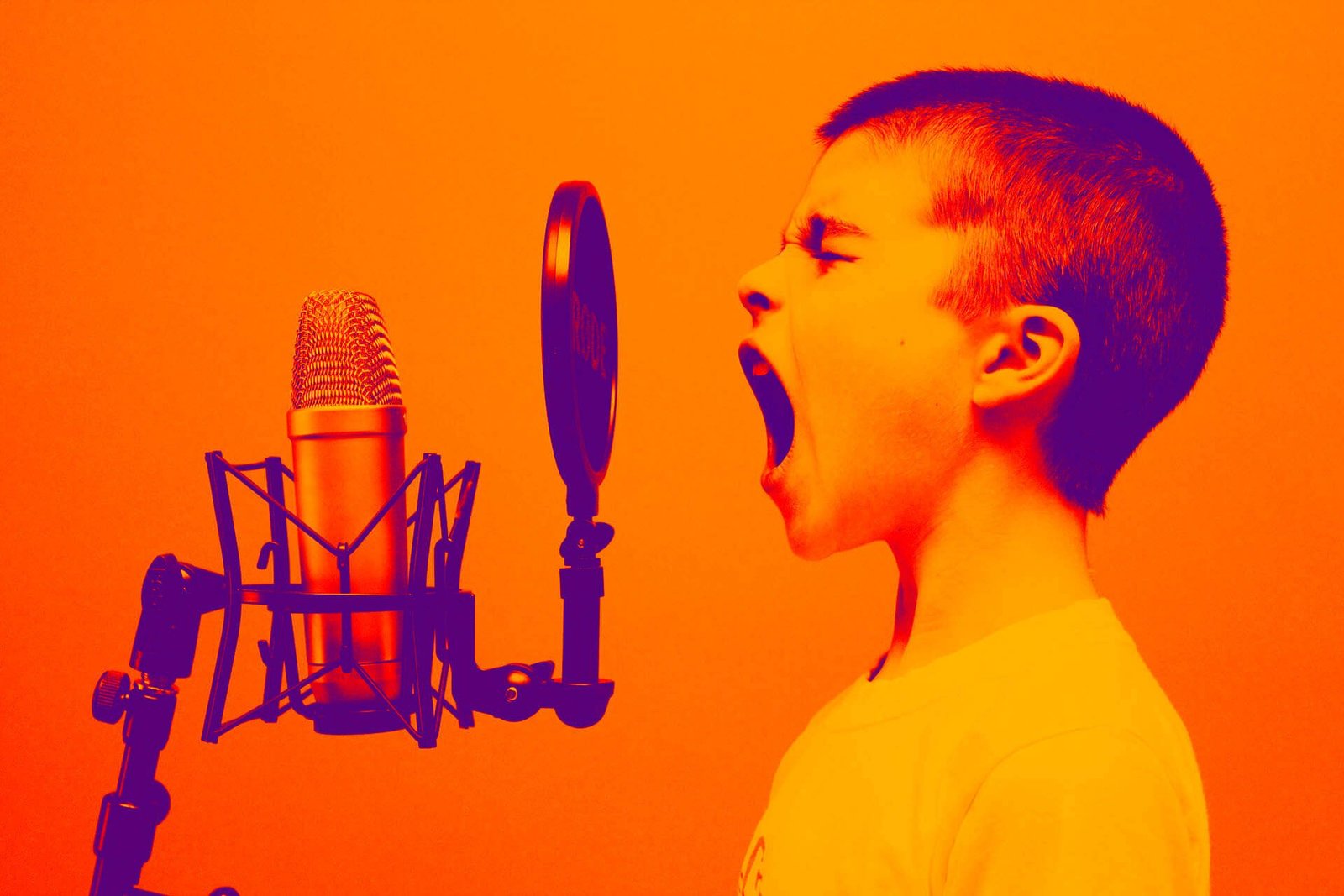I see this come up in various Facebook groups about podcasting all the time. People will see that their media libraries are becoming chock full of different images, mp3s, promos, and maybe even some recorded ads.
Depending on your host, the files will be handled differently. No matter which one you use, though, as you podcast more and more, you're going to have a ton of files.
Which makes some people want to clean it out like they do emails or their Downloads folder or Desktop. Don't do it. Resist that urge.
You absolutely do not want to delete any files from your podcast host's media library.
Why? Because of how RSS feeds work.
RSS: A Simple Primer for Podcasters
RSS stands for Really Simple Syndication. And in fact, that's exactly what it is. RSS is an XML document that is updated whenever you publish or edit your podcast (or blog or anything else connected to it).
It contains all of the information for that particular episode: the description, title, various tags for episode number and season, keywords, whether it's episodic or not, and so on.
The main thing, however, is that it contains the direct link to the media file for your podcast episode. This is the same regardless of your podcast host. From Anchor to Libsyn to BuzzSprout and beyond.

This is true for all kinds of RSS readers (like Feedly). They simply look at the feed and display the contents of the feed. That's it.
The RSS feed is nothing but information pointing back at your host.
The Cause of the Misconception
I think what happens is that there's a misconception of what Apple Podcasts and all the other podcast directories do. In my experience from talking with folks (especially newer podcasters) is that they somehow provide the media to the listeners.
That is not true. They don't. Not at all.
They just provide access to the feeds. They're directories. Not hosts. They work as an intermediary between you and the listener.
What happens is that Apple Podcasts, Stitcher, Pocket Casts, wherever, they just look at your RSS feed, find the <enclosure> tag like in the image above and pull that audio file from your host's server. (As well as the description, episode art, etc.)
If you delete the media from your library, Apple Podcasts and the rest have nothing to send to the listener. They might be looking for yourawesomepodcast.com/best-episode-ever.mp3 so that they can tell Pocket Casts that's the file it should download, but if you've deleted that file, what is there to download?
Nothing.
It's like when you go to a website and get a 404 Page Not Found Error. You can't view /the-best-website-ever.html if it was deleted anymore than you can listen to /the-best-podcast-ever.mp3 if it isn't there.
Does that make sense?
Best Practice: Organize Your Library by File Name
Probably the best thing you can do to make your podcast media library a bit more manageable is to develop a naming convention for the various files you upload.
It doesn't matter what it is as long as it makes sense to you, and that you can sort through it easily and efficiently.
For The Geek to Geek Podcast, we use something like GeektoGeek_S4E23_mixdown.mp3 so we know which version of each episode is which.
This way we can see what show it belongs to, what season it belongs to, where in the season order, and which version of the file it is. Mixdown is the final stage of post-production where all the elements are edited, mixed together into a single track, and have been through all the processes for audio quality.
For my show Dragon Quest FM, I use a similar convention, only reversed. I put 01 – DQFM – Episode Topic – Version_2 as the file name because episode order and topic are the most important points.
If you use a host like Anchor.fm, you might divide your episodes into segments to separate interviews from solo sections or to insert a mid-roll ad. In that case, you would probably upload the segments individually to your library.
In that case, instead of simply _mixdown or _version-2, you would probably opt for 01_S1E1_segment-1 or _interview or _intro first.
Sure, file names like 00_S1E1_interview_mixdown.mp3 can get long, but believe me: it's worth it to keep that media library organized.
After 175+ episodes of Geek to Geek, we have absolutely learned the importance of a neat and tidy archive. (It also doesn't hurt that my partner is a trained audio engineer which is why I even know this, so thanks, Void!)
TL;DR: Don't Delete Your Podcast Files or Else
Basically, that's it. If you want people to be able to listen to your podcast, then that podcast needs to exist. Apple Podcasts and other places don't host your files. They pull from your host via your RSS feed.
RSS isn't magic. Though it is kind of like a treasure map if you think about it. It points the way to your podcast, and without it, your listeners would just be digging random holes in the sand.
Or something like that.
Either way, don't delete your podcast media files. They're the treasure, and you want people to find it.

